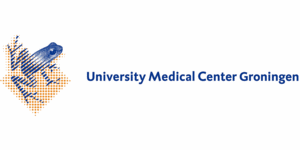ESCEND in brief
ESCEND aims to shift the paradigm in Esophageal cancer early diagnosis and enhance current endoscopic performance by adding highly sensitive and quantitative fluorescence molecular endoscopy (FME) in real time. Read more...
Background
Esophageal cancer is the 8th most commonly diagnosed type of cancer worldwide, affecting more than 450,000 people, and the 6th leading cause of cancer-related death. Incidence rates are steeply rising due to the increasing prevalence of major risk factors, including obesity, chronic gastroesophageal reflux disease, and Barret’s esophagus. Less than 20% 5-year survival rates are largely associated with the disease being detected late due to limitations in current diagnostic procedures. The current clinical-standard practice for early disease detection (i.e. surveillance endoscopy and random biopsies every 3-5 years) is sub-optimal and often misses dysplasia. Read more...
Objectives
ESCEND will
- statistically confirm previous pilot (Phase I) clinical data showing that the combination of high-definition white light endoscopy (HD-WLE) and fluorescence molecular endoscopy using labelled bevacizumab improves early Esophageal cancer detection over the current clinical standard (i.e. HD-WLE and random biopsy) and
- validate Esophageal cancer biomarkers recently identified by genetic screening as targets for further improving Esophageal cancer detection and disease stratification over using labelled bevacizumab, based on retrospective analysis of Barret’s esophagus patient specimen. Earlier detection and better stratification can lead to more effective therapy and thus save lives and healthcare costs. Therefore, successful implementation of ESCEND could lead to an enormous socio-economic impact.







